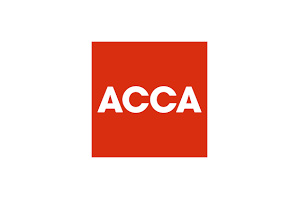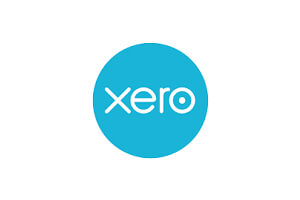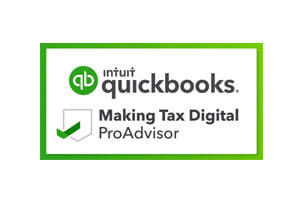Incorporation of 22 Property Portfolio
The Background
Our clients had spent the last 20 years building and managing a property portfolio, containing 22 properties around South West London. The portfolio was valued at circa £4.5m and generated annual income in the region of £225k.
Due to the location of the properties and the market over the last 20 years, all of the properties had significant capital gains associated with them.
The properties all had individual residential mortgages, with different terms and rates.
Our clients had no other employment and spent all of their time managing the properties.

The Problem
Due to the level of profits being generated from the portfolio, our clients were higher rate tax payers based on the rental profits alone. Following changes to how tax relief is given on mortgage interest, our clients lost out of a significant amount of tax relief on the cost of finance across the portfolio. Due to the capital gains associated with the property, selling them to reduce their borrowing cost and reduce the overall finance cost would have resulted in substantial capital gains tax liabilities. They also had no flexibility for succession planning.
The Solution
As our clients had been running this as a ‘business’ and had been preparing annual partnership accounts and associated partnership tax return, we were able to incorporate the business into a limited company.
This meant that all of the assets and liabilities transferred to the limited at their current market value.
By applying incorporation relief, there was no capital gains tax on the transfer of the properties to the limited company, as any associated gains are rolled over into the share value.
Mortgage interest is fully allowable for limited companies, so our clients were able to benefit from receiving full tax relief on their finance costs. As they don’t plan to withdraw all of the profits generated by the company, they have flexibility for income tax saving and it is anticipated that they will save annual income tax of circa £20k.
As the properties transfer at their market value, the company can sell off the properties without incurring any substantial gains in the near future, to reduce the overall borrowing throughout the portfolio or to reinvest the funds in further property.
As our clients now own shares rather than property, there is now scope for future succession planning to take place, which in turn will reduce their overall exposure to inheritance tax. Whilst this doesn’t give an instant monetary benefit, any reduction in their estate will save tax at 40%.
Additional Benefit
By working closely on their process with Mesa Financial, Mesa were able to restructure the whole of the lending from 22 residential mortgages to a single commercial loan.
This meant that they were able to negotiate a much more favourable interest rate whilst consolidating the various mortgages into one lender. Based on the reduction in interest rate, an annual saving of circa £10k was generated across the portfolio.
This will also make future rate switches and borrowing negotiations easier for our clients in the future as they will be dealing with a single loan rather that 22 residential mortgages with different terms.
Our clients have benefited from income tax savings, interest reductions, flexibility for selling and buying more property and a clear succession plan for the future.




